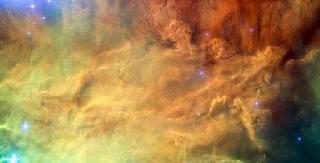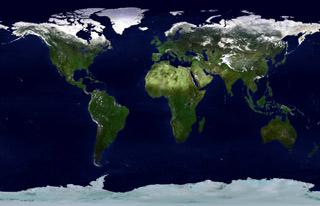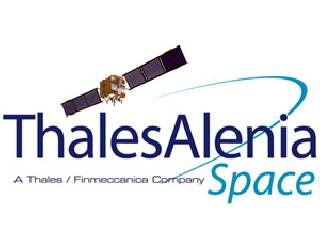
Waves breaking in the stellar lagoon. Photo by NASA/ESA
WASHINGTON (BNS): Hubble has captured a new spectacular image revealing the heart of the Lagoon Nebula.
The image shot by the Advanced Camera for Surveys (ACS) on the Hubble Space Telescope is seen as a massive cloud of glowing dust and gas, bombarded by the energetic radiation of new stars deep in the heart of the Lagoon Nebula (Messier 8).
Messier 8 is a huge region of star birth that stretches across one hundred light-years located in the constellation of Sagittarius.
Clouds of hydrogen gas are slowly collapsing to form new stars, whose bright ultraviolet rays then light up the surrounding gas in a distinctive shade of red.
The wispy tendrils and beach-like features of the nebula are not caused by the ebb and flow of tides, but rather by ultraviolet radiation’s ability to erode and disperse the gas and dust into the distinctive shapes that are visible in the image.
In recent years astronomers probing the secrets of the Lagoon Nebula have found the first unambiguous proof that star formation by accretion of matter from the gas cloud is ongoing in this region.
Young stars that are still surrounded by an accretion disc occasionally shoot out long tendrils of matter from their poles.
Several examples of these jets, known as Herbig-Haro objects, have been found in this nebula in the last five years, providing strong support for astronomers’ theories about star formation in such hydrogen-rich region.
The Lagoon Nebula is faintly visible to the naked eye on dark nights as a small patch of grey in the heart of the Milky Way.
Charles Messier, the 18th century French astronomer, observed the nebula and included it in his famous astronomical catalogue, from which the nebula’s alternative name comes.
 Previous Article
Previous Article Next Article
Next Article









The Indian Air Force, in its flight trials evaluation report submitted before the Defence Ministry l..
view articleAn insight into the Medium Multi-Role Combat Aircraft competition...
view articleSky enthusiasts can now spot the International Space Station (ISS) commanded by Indian-American astr..
view article